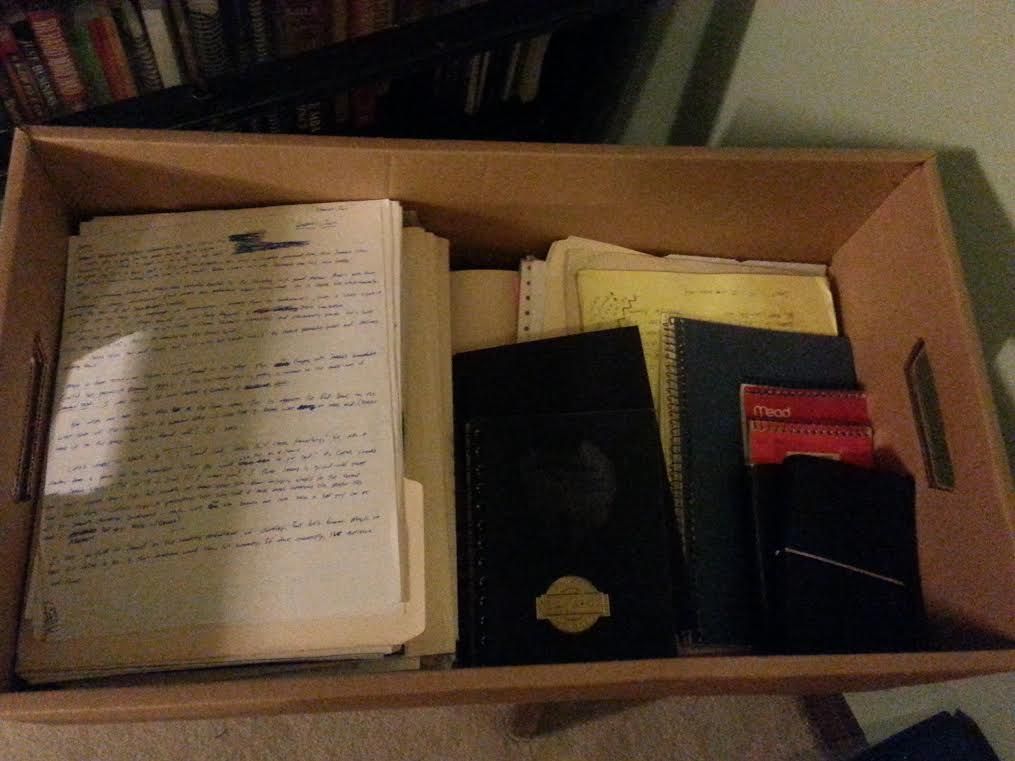Darkfantasy
 Inkling
Inkling
More of a discussion for everyone than a question to help myself.
But what is your personal process for writing your Fantasy book. When you get an idea you really like what's the first thing you do?
Do you start by world-building, by marking out the events in your plot or do you create your characters first then build the world and story around them?
I'm writing my first Fantasy book so haven't discovered my personal process yet. I used to write crime so for me the world-building is the newest part. I'd world build obviously but not to the extent I am for this book. At the moment I'm doing research and just getting inspiration for possible storyline/twists, things I feel haven't been explored much before.
What about you guys?
But what is your personal process for writing your Fantasy book. When you get an idea you really like what's the first thing you do?
Do you start by world-building, by marking out the events in your plot or do you create your characters first then build the world and story around them?
I'm writing my first Fantasy book so haven't discovered my personal process yet. I used to write crime so for me the world-building is the newest part. I'd world build obviously but not to the extent I am for this book. At the moment I'm doing research and just getting inspiration for possible storyline/twists, things I feel haven't been explored much before.
What about you guys?

 Myth Weaver
Myth Weaver
 Minstrel
Minstrel Dreamer
Dreamer Auror
Auror